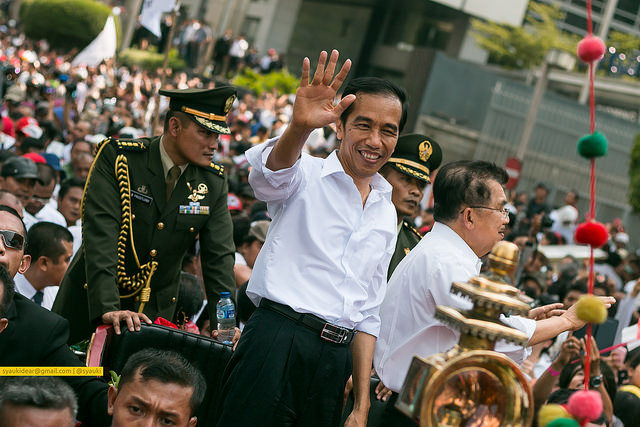
As I write this, Myuran Sukumaran and Andrew Chan are facing imminent execution in Indonesia. From public vigils to political lobbying to opinion editorials, the fact that these two men who have been rehabilitated in prison will now be shot has generated contempt, sadness, and outrage.
But, what if they were not rehabilitated? What if they were remorseless? What if they were convicted of a vicious sexual assault or acts of terrorism? Should that give the state a right to kill them?
In the world of fairytales, it is easy to spot the evildoer. They are usually the ones cackling loudly or espousing soliloquys into a mirror while they plot how to destroy a hero’s happy ending. In the world of criminal law, offenders can often be cast as dangerous or villainous characters that must be punished lest they ruin the happiness of the community. Sometimes, we feel they must be eradicated. Literally.
We can glimpse an example of this from events in India in 2013, where a woman was tortured, raped, and killed by a group of men. In addition to generating enormous public demonstrations, the court revived capital punishment for a few of the killers. It is not difficult to loathe these men. The crime was horrific. Yet, licensing the state to kill these men becomes an exercise in managing public feelings rather than dismantling structural inequalities. By making these men into proxies for evil that will be extinguished, the Indian state attempts to assert a protective role while obscuring its own complicity in enabling widespread sexual violence.
Single women are condemned for travelling alone at night. Men are still legally exempted from prosecution if they rape their spouse. Sex workers, widows, trans women, and same-sex attracted people face egregious levels of social stigma. Much of this persecution is perpetrated by and/or condoned by the state. Invoking the state to kill a few homicidal individuals distracts us from how the evils of sexual violence institutionally metastasise.
In the context of the purported “War on Drugs,” harsh criminal sanctions have been invoked as necessary to curb the deaths resulting from drug use. When we lose friends or family to an overdose, it is not difficult to feel why those who seek to profit from drug use become the objects of enormous community scorn instead of compassion. Indonesian president Joko Widodo has referred to executions as a way to respond to this “state of emergency.”
From an empirical perspective, there is scant evidence to suggest a relationship between the execution of criminals and minimising drug related deaths. In fact, the pursuit of criminal sanctions over harm reduction strategies (like needle and syringe exchanges, methadone replacement therapy, and peer led interventions) has made communities less secure. Criminologists have argued that in the context of other forms of punishment, the death penalty has little deterrent value. After all, when you think about drug supply offences that are perpetrated in the context of economic precarity, physiological dependency, social dislocation, and mental ill health, the abstract future possibility of being sentenced to death is unlikely to enter someone’s thinking.
States can kill a few traffickers but the shock value just works to cover over how its own punitive policies have contributed to the deaths of so many drug users.
It is much easier to stick our outrage and demands for vengeance on individuals than to dispersed discourses or institutions. This is not to deny the importance of pursuing individual accountability when it comes to crime. But we should not fool ourselves into thinking that executions are anything other than spectacles to satisfy our thirst for vengeance. If it is justice that we thirst for, allowing the state to consign people to death just leaves us even more parched.
—
Senthorun Raj is a doctoral researcher at the Sydney Law School and a Right Now columnist. Twitter: @senthorun
Feature image: Ahmad Syauki/Flickr


